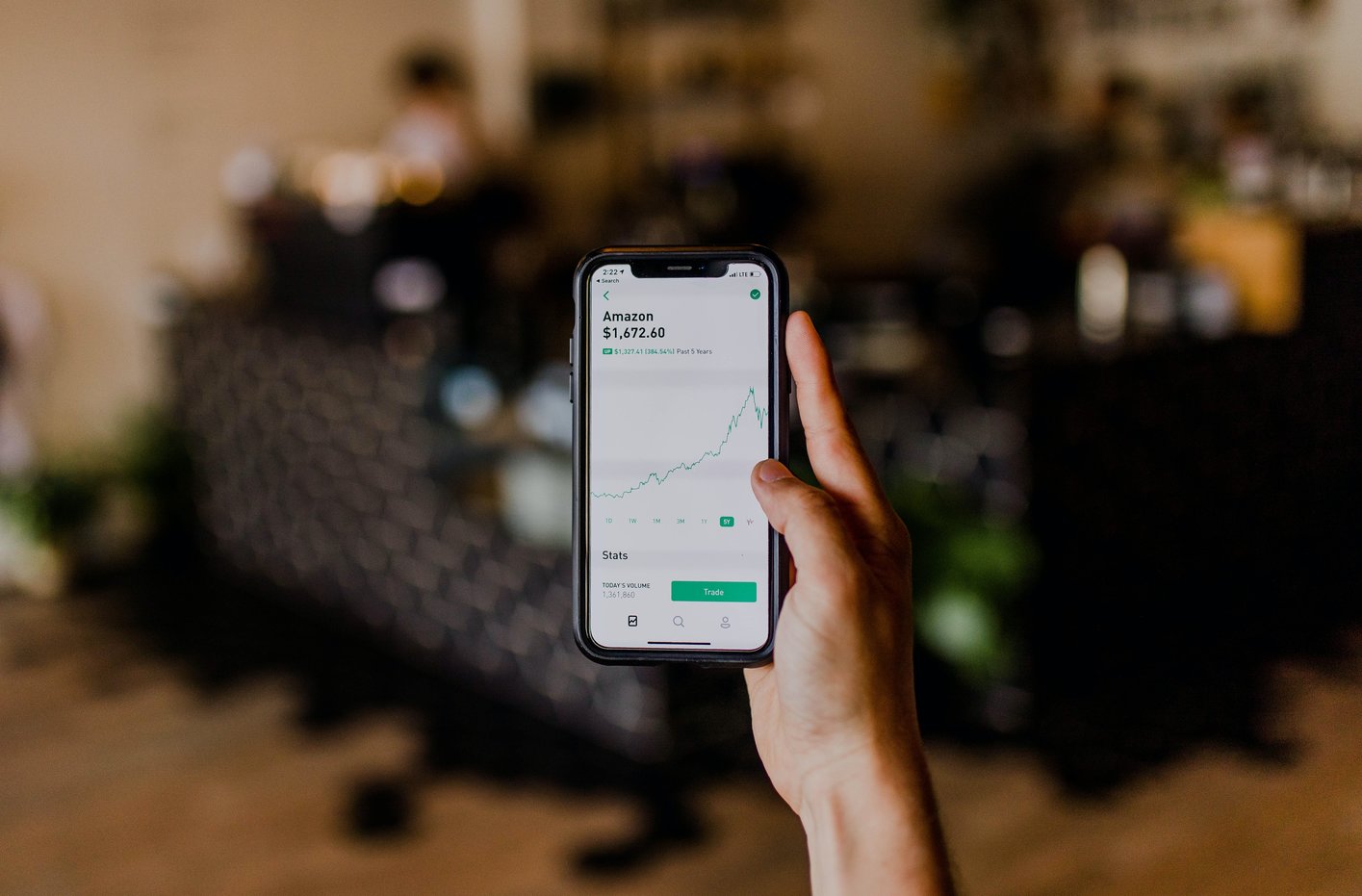Why the next great B2B SaaS companies will look more like Robinhood and less like Salesforce
It’s challenging for a traditional SaaS company to be successful in today’s overcrowded market.

As seen on LinkedIn.
Building a SaaS business has never been easier than it is now. The wealth of tools from APIs, infrastructure and the necessary building blocks to make everything connect has lowered the cost of entry.
In the overcrowded SaaS market, startups typically don't fail because of technology issues, they fail because they don't gain enough traction. The barriers of entry are low, so competition is plentiful. It becomes difficult to differentiate your product on features alone with the number of similar solutions available in the market.
Simply put, it’s challenging for a traditional SaaS company to be successful in today’s market.
SaaS Overload
With everyone vying for attention, marketing messages overlap, distinguishing products from one-another is difficult, and potential customers searching the internet for answers and filtering the noise down to anything meaningful is nearly impossible. Separating the signal amongst the noise becomes a struggle.
Buyers are tuning out and simply saying no to the endless SaaS infomercials and who can blame them?
The cold calls, LinkedIn messages, all the predictive sales tools– they’re failing. As I write this, I’ve already received 12 new messages from random companies telling me about their “revolutionary” cloud app. They just need 10 minutes of my time to transform my business.
Sound familiar?
New B2B Models Will Emerge
For SaaS businesses to succeed, they need to be more than just an improved digital interface. They need to add immediate value in order to cut through the noise. “Better mousetraps” simply aren’t good enough anymore.
For this reason, the winning B2B software companies of tomorrow will go to market in entirely new ways. Friction will be removed, and new pricing models will emerge ranging from giving away products and services in their entirety, to subsidizing components of the offering. Cues will be taken from consumer apps, where adding value is prioritized and becomes both the business differentiator and the customer acquisition tool–further cementing relationships with B2B buyers. In virtually all scenarios, these models will be centered on attaining a streamlined means of distribution.
Look no further than the rise of the robo-advisor to see this shift already at work. Firms such as Betterment and Wealthfront are thriving by lowering costs, breaking down access barriers and becoming trusted financial advisors. Their founders developed business models around the concept of democratized investing, which clearly struck a chord with users, resulting in tens of billions of dollars under management and hundreds of millions more raised.
Amazon has applied a similar mentality to its offerings. The company thrives by promising consumers three things that never go out of style: more, faster and cheaper.
But my favorite example has to be Robinhood – a company that turned the entire online brokerage industry on its head. The commission-free stock trading app has attracted millions of users (10M + at last count) forcing the established players to completely rewrite their business models. It came to a culmination this past fall with nearly every major online brokerage firm eliminating commissions for buying and selling stocks. It may have even prompted the merger between industry titans Charles Schwab (SCHW) and TD Ameritrade (AMTD).
No More Moats
In the furiously competitive world of tech startups, traditional SaaS businesses don’t often create wide enough “moats” to prevent competitors from replicating solutions/features, eventually competing away profits.
What if a competitor or upstart decides to offer your solution for free and monetizes in entirely new ways? The value proposition has to change as buyers are demanding products and services that sacrifice nothing when it comes to functionality but give them back serious time and dollar savings.
If we ask buyers for their time without providing real upfront value, they will tune out.
Change means opportunity
We are without question in an era where software is being democratized. It is no longer about the big eating the small; it is now about the fast eating the slow. Excellent products and services are being made better, faster, and less expensive with savvy entrepreneurs creating entirely new ways to monetize.
… if you don’t believe me on that, page me, or fax me, or write me up something on your typewriter. They were all epic businesses once upon a time, but they are no more.
I couldn’t be more excited for the future with these new businesses unleashing massive amounts of value for customers. Rethinking how to monetize, distribute and even acquire B2B customers has the potential for product capabilities and data insights to be developed that might otherwise be impossible.
My next venture is based on this very premise, a paradigm shift that both founders and investors alike need to account for. But don’t take my word for it. Listen to the market, your team and most importantly your customers.
See how Genuity can help you manage your tech.
Like this post? Share it:
